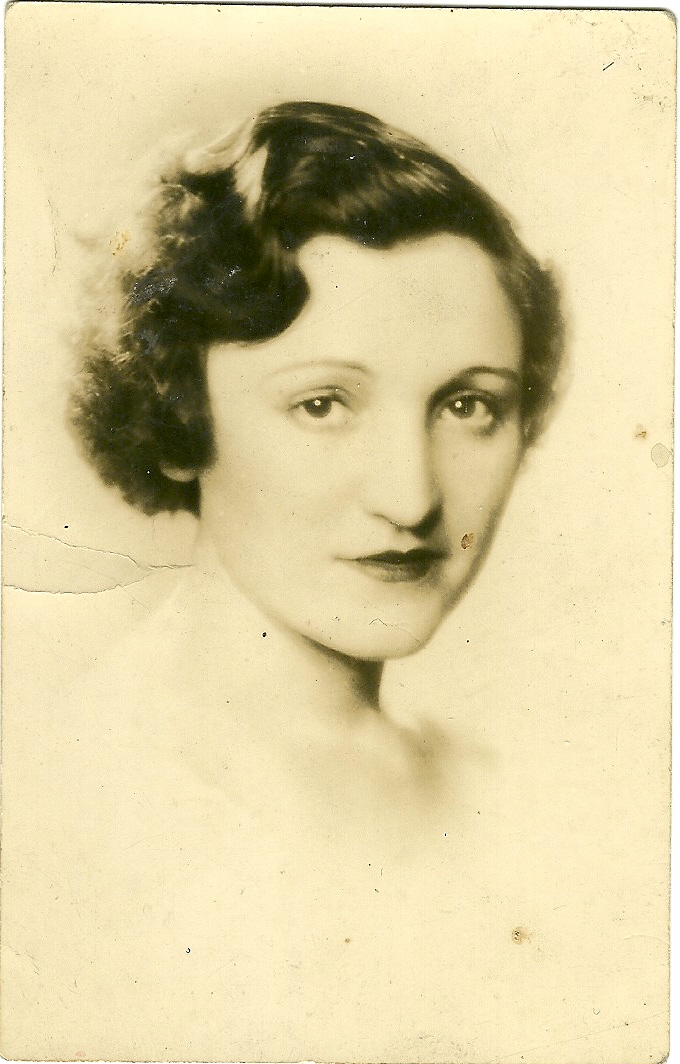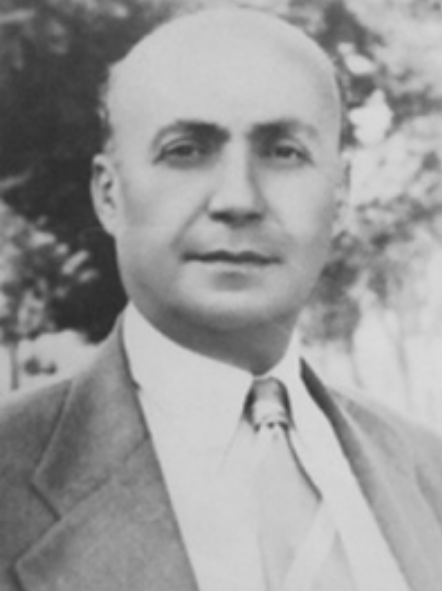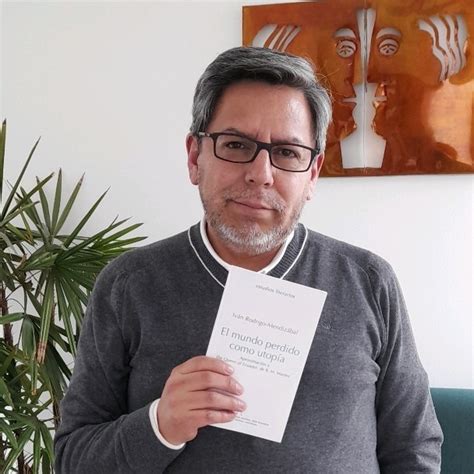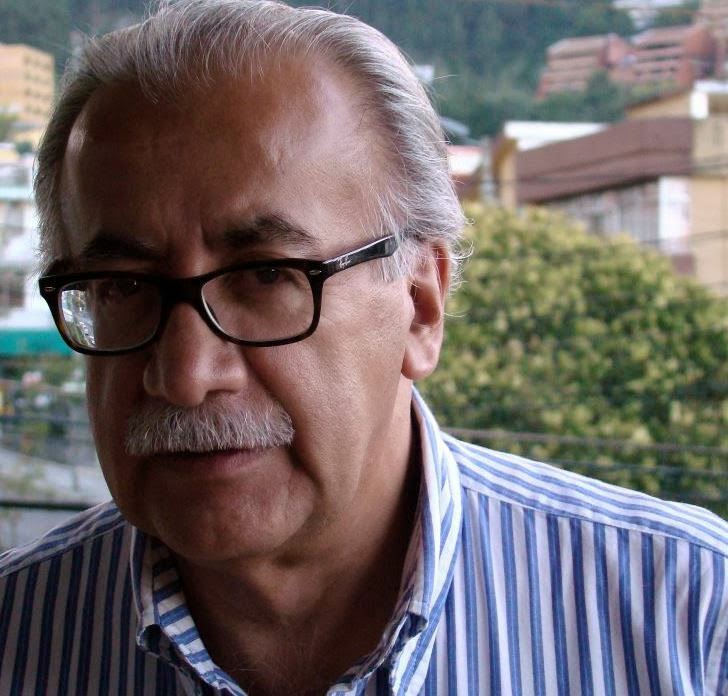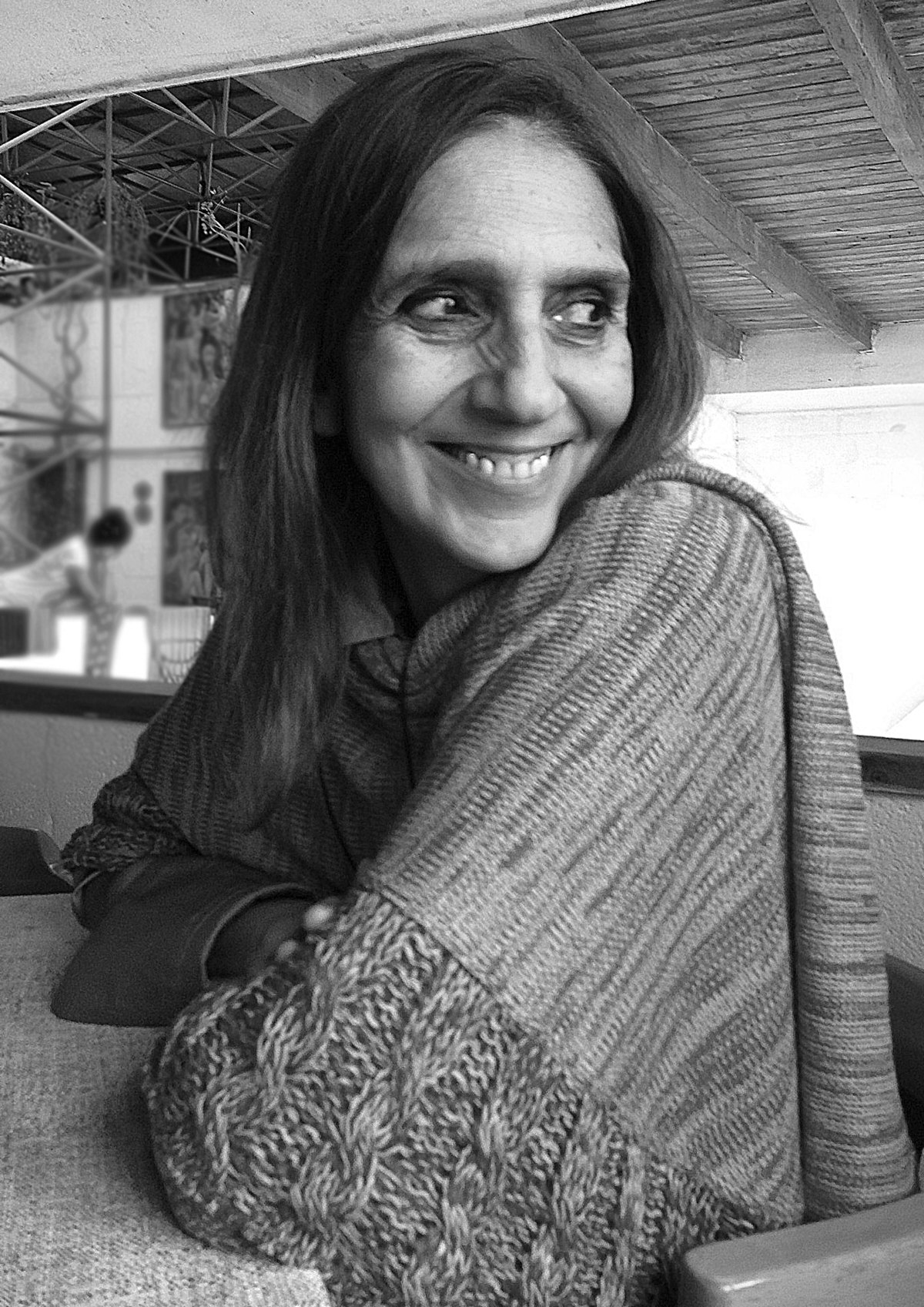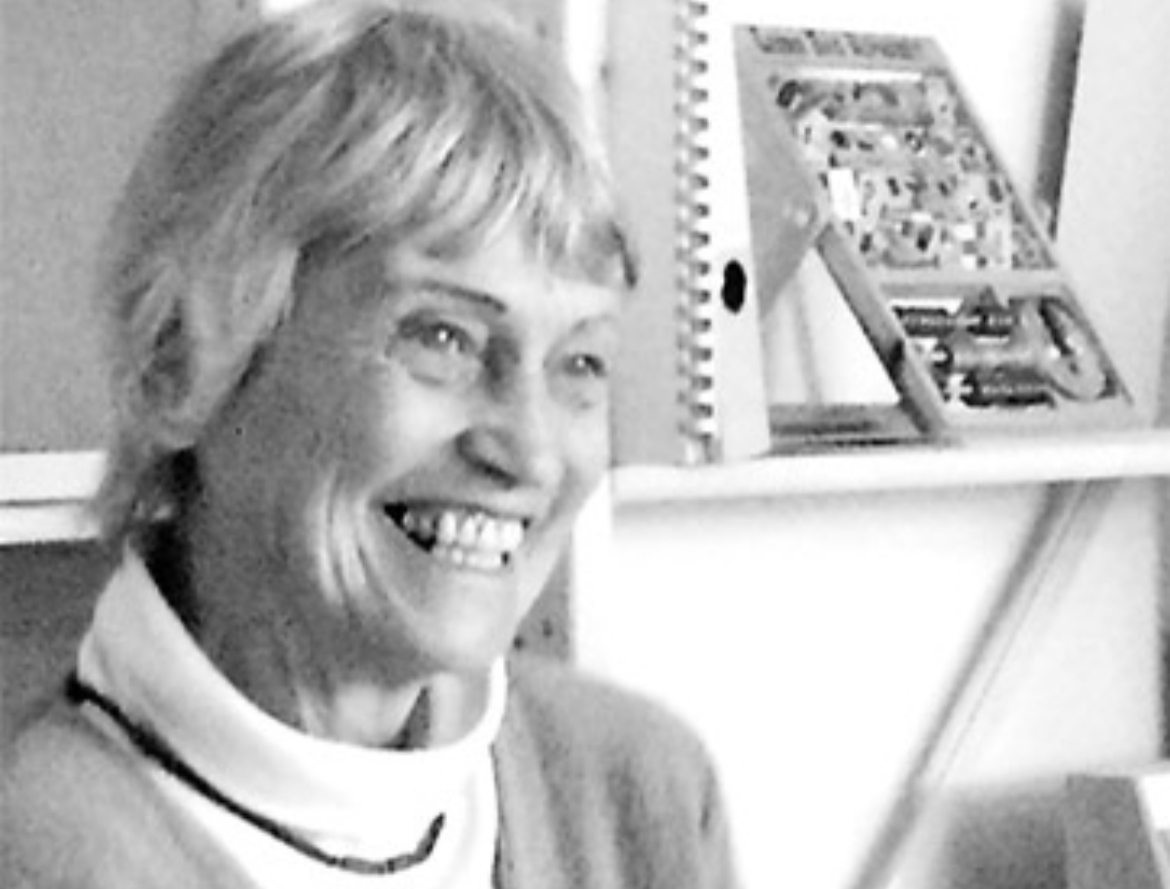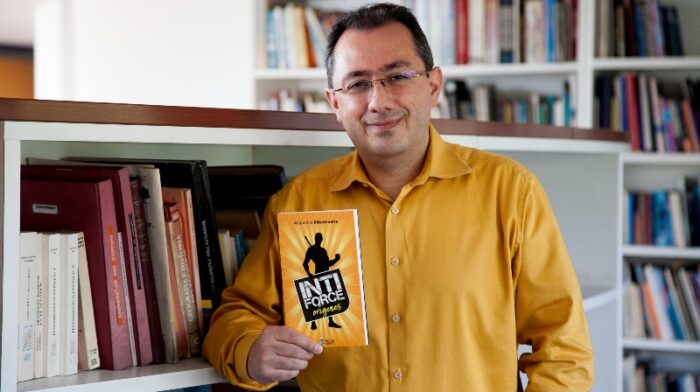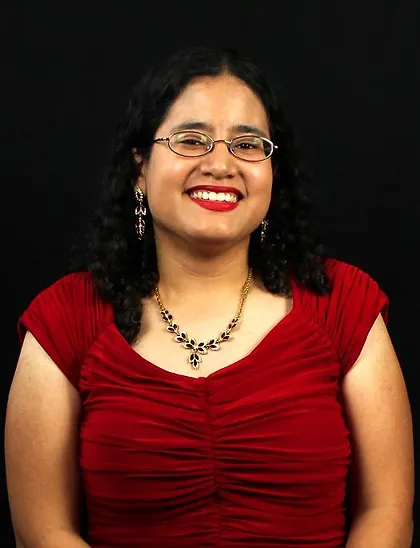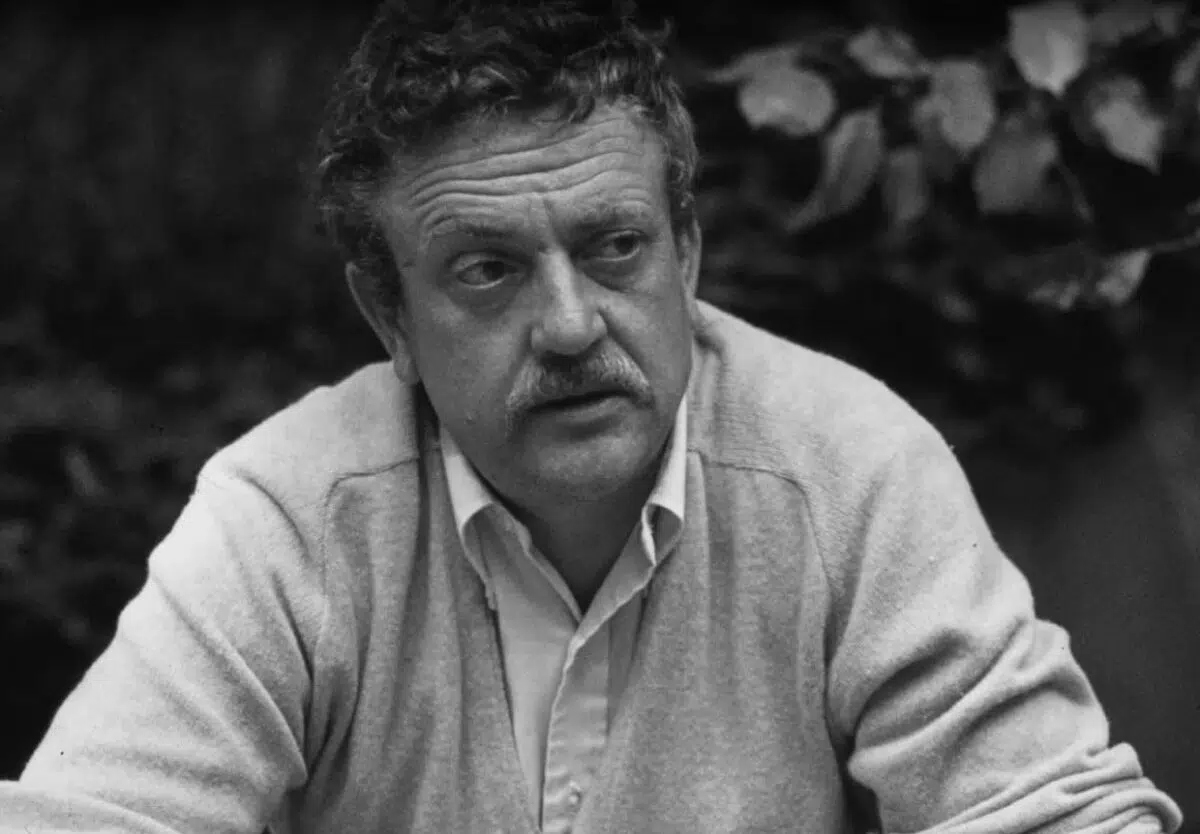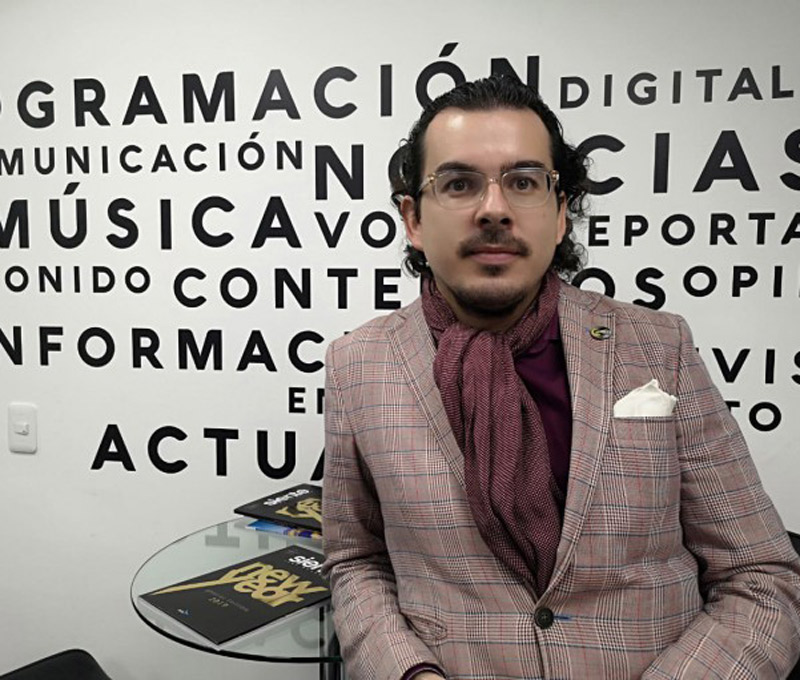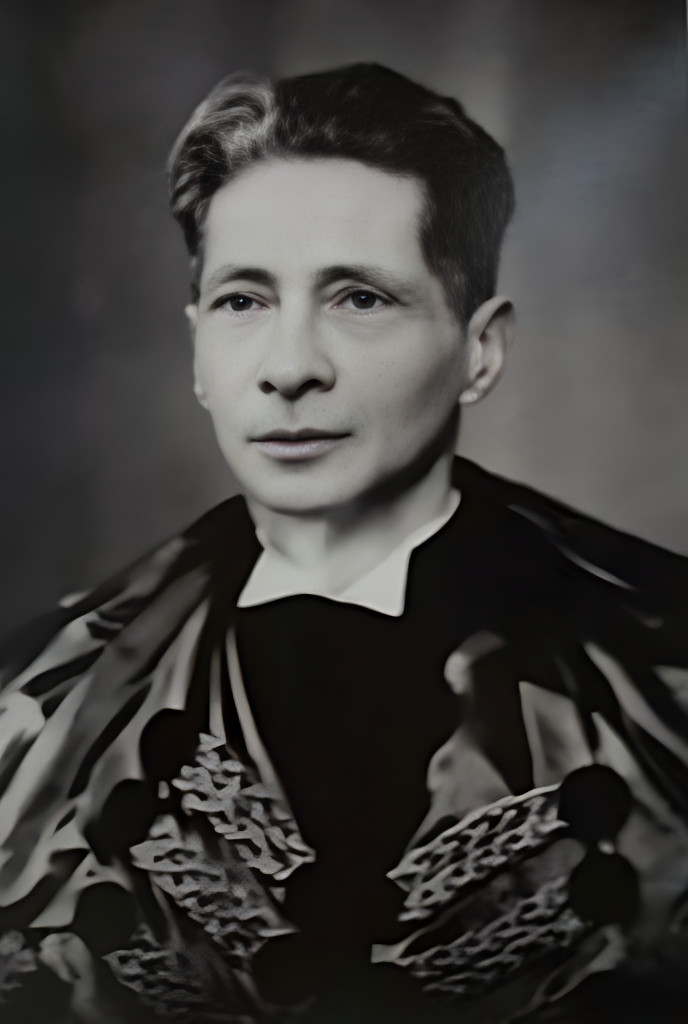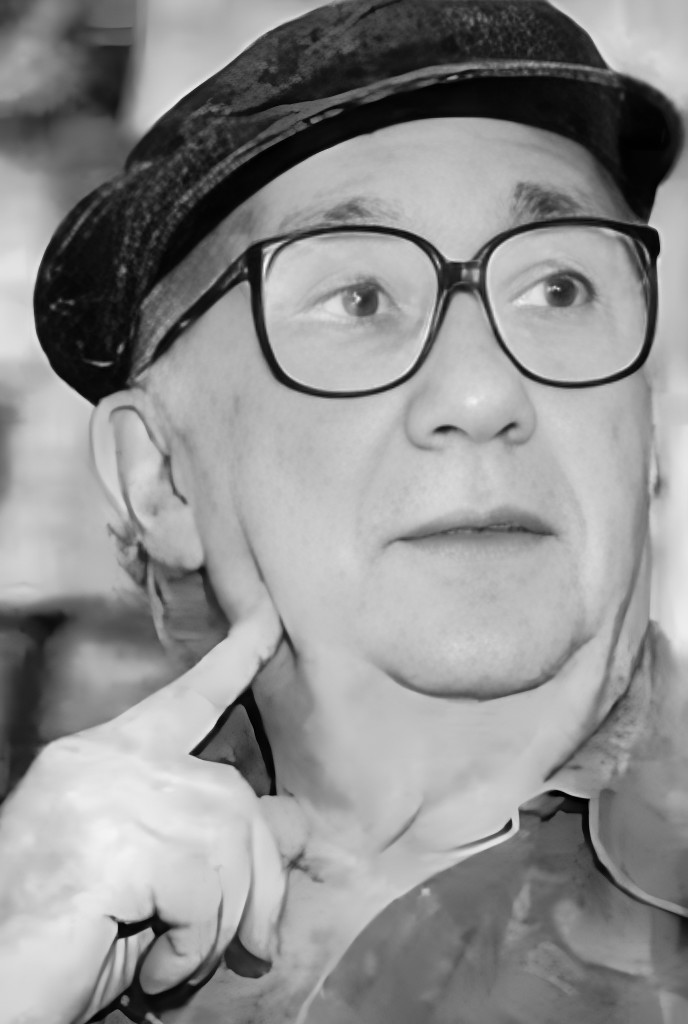Corina del Parral Durán (Bahía Blanca, Argentina, January 25, 1905 – Buenos Aires, Argentina, February 8, 1979) was a celebrated Argentine composer, pianist, poet, and social advocate who served as the First Lady of Ecuador during her marriage to President José María Velasco Ibarra. Known for her profound contributions to Ecuadorian society, she founded the Patronato Nacional del Niño, a pioneering child welfare organization that set a standard for future social programs. Del Parral also created popular Ecuadorian musical compositions and wrote poetry under the pseudonym “Alma Helios,” leaving a legacy in the arts and social welfare that continues to be honored in Ecuador and Argentina.
Continue reading “Corina del Parral Durán”Category: Born outside of Ecuador
Jorge Adoum
Dr. Jorge Elías Francisco Adoum (Kafr-Shbeil, Lebanon, March 10, 1897 – Rio de Janeiro, Brazil, May 4, 1958) was a Lebanese-born Ecuadorian writer, translator, and practitioner of natural medicine. Known by the pen name Mago Jefa, he authored over forty volumes on esoteric topics, including occultism, Freemasonry, and gnostic traditions. A Grand Master Rosicrucian and 33rd-degree Freemason, Adoum was also renowned for his healing practices, employing techniques such as hypnotism and suggestion. His works, including Poderes (1940) and Del Sexo a la Divinidad (1952), earned him a lasting reputation in Latin America’s mystical and spiritual circles.
Continue reading “Jorge Adoum”Iván Rodrigo Mendizábal
Iván Rodrigo Mendizábal (La Paz, Bolivia, 1961) is a Bolivian scholar, researcher, and professor specializing in communication, semiotics, and Latin American science fiction. He moved to Ecuador in 1992, where he has since worked as a professor and researcher, earning a doctorate in Latin American Literature and a master’s degree in Cultural Studies from the Universidad Andina Simón Bolívar (UASB) in Quito. Mendizábal teaches at UASB, focusing on visual communication, discourse analysis, and the intersection of technology and literature. He is the author of numerous academic works, including Máquinas de pensar (“Thinking Machines”) and Imaginaciones científico-tecnológico letradas (“Literate Scientific-Technological Imaginations”), and is recognized for his pioneering research on Ecuadorian science fiction.
Continue reading “Iván Rodrigo Mendizábal”Antonio Correa Losada
Antonio Correa Losada (Pitalito, Colombia, 1950) is a Colombian-born poet, essayist, editor, and cultural manager residing in Ecuador. He has published numerous works of poetry, including El vuelo del cormorán (1989; “The Flight of the Cormorant”) and Desolación de la lluvia (1997; “Desolation of the Rain”), as well as essays and chronicles such as Crimen y castigo o la expiación que no cesa (2001; “Crime and Punishment or the Unending Atonement”) and Un camino abierto (2002; “An Open Path”). With a career spanning Mexico, Colombia, and Ecuador, Correa Losada has been an influential figure in publishing and cultural events, earning Ecuadorian citizenship in 2008 for his contributions to the country’s literary scene.
Continue reading “Antonio Correa Losada”Arístides Vargas
Arístides Vargas (Córdoba, Argentina, 1954) is an acclaimed Argentine-Ecuadorian playwright, whose work delves into the profound impact of exile. Forced to flee to Ecuador in 1975 at 20, escaping persecution by the Triple A, he found solace in theater. Vargas co-founded Malayerba in 1979, providing a haven for fellow exiles. His plays, over 20 in total, explore the trauma of violence and displacement through surreal, non-realistic narratives infused with elements like playfulness, forgetfulness, dreams, and somnambulism. Vargas blends nostalgia with humor, celebrating laughter as a healing force. In 2021, directors staged his works, showcasing his ability to address exile and Latin America’s history universally. His contributions continue to illuminate collective memory and historical understanding.
Continue reading “Arístides Vargas”Evelia Peralta
Evelia Peralta (Tucumán, Argentina, 1941) is a notable Argentine-born architect who stands as a trailblazer in the world of architecture and urban planning in Ecuador. Her extensive contributions encompass academia, urban development, and architectural publications. Peralta co-authored several influential books that have become foundational references in understanding Ecuadorian architecture. Among these works, the “Architectural Guide to Quito,” a collaborative effort with Rolando Moya and Pablo Moreira, offers profound insights into the cultural and historical significance of Quito’s architectural treasures. Additionally, her book “Quito: Cultural Heritage of Humanity” and “Landscape Architecture: Quito, Concepts, and Designs” showcase her dedication to preserving Ecuador’s architectural heritage while embracing innovative design concepts. Evelia Peralta’s tireless efforts have made her a key figure in promoting Ecuadorian architecture, leaving an indelible mark on the nation’s urban landscape and architectural discourse.
Continue reading “Evelia Peralta”Rebeca Wild
Rebeca Wild, a notable German educator and author, was born in Berlin, Germany, in 1939 and later made Ecuador her home until her passing in 2015. In 1961, Rebeca Wild embarked on a transformative journey to Ecuador, where she would go on to make an enduring impact on the field of education. In 1977, alongside her husband Mauricio Wild, she founded the Pestalozzi Educational Center, a tribute to the Swiss pedagogue Johannes Heinrich Pestalozzi, underscoring their commitment to innovative educational methods. Her significant contributions revolved around pioneering pedagogical approaches, a theme evident in her books, including, “Raising Curious, Creative, Confident Kids: The Pestalozzi Experiment in Child-Based Education” (2000).
Continue reading “Rebeca Wild”Alejandro Ribadeneira
Alejandro Ribadeneira Tobar (Santiago, Chile, 1973) is an author, journalist, and editor born to an Ecuadorian father and a Chilean mother and has dual nationality. Since 2000, he has been part of Grupo El Comercio in Ecuador, where he has served as a macro editor, tasked with planning and editing journalistic content in areas such as Culture, Entertainment, Sports, Environment, History, among others, for both digital and print media. Educated at the Central University of Ecuador with a degree in Social Communication, Ribadeneira has penned a poetry book, several volumes of short stories, and novels, including “La frutilla mecánica,” “La máscara del padre,” “Calendario sin abril,” and “Inti-Force: Orígenes.” For 25 years, he has been a dedicated commentator and writer on the subject of soccer. He lives in Quito, Ecuador.
Continue reading “Alejandro Ribadeneira”Darlene P. Campos
Darlene P. Campos is an American author born in Houston, Texas to an Ecuadorian family. Her published young adult novels include “Behind Mount Rushmore” (2017), “Summer Camp is Cancelled” (2018), and “Heaven Isn’t Me” (2019). She has garnered numerous accolades for her writing, such as the Sylvan N. Karchmer Fiction Award at the University of Houston in 2013 for “The Bullet” and the Dastaan Fiction Award in 2017 for “Mason Jars.” Darlene holds a BA in English-Creative Writing with a minor in Medicine and Society Studies from the University of Houston, and an MFA in Creative Writing from the University of Texas at El Paso.
Continue reading “Darlene P. Campos”Kurt Vonnegut
Kurt Vonnegut (November 11, 1922 – April 11, 2007) was an American writer. He is known for his unique writing style, blending satire, humor, and science fiction. One of his most famous novels, “Galapagos,” published in 1985, is set on the Galapagos Islands (an archipelago that belongs to Ecuador) which explores the evolution of humanity over a million years. Vonnegut was inspired to write about the Galapagos after visiting the islands in 1979. Despite having no direct relationship with Ecuador as a nation, Vonnegut’s novel helped to popularize the Galapagos and draw attention to the unique wildlife found there. Vonnegut’s other famous novels include “Slaughterhouse-Five,” “Cat’s Cradle,” and “Breakfast of Champions,” which often address themes of war, technology, and the human condition.
Continue reading “Kurt Vonnegut”Luis Espinosa Goded
Luis Espinosa Goded is a Spanish professor of economics, researcher, and columnist who currently resides in Ecuador. He is a faculty member at the College of Business Administration and Economics at the Universidad San Francisco de Quito. In 2019, he co-authored the book “Crónicas del socialismo del siglo XXI” with professor Andrés Ortiz Lemos. The book provides a critical perspective on 20th century socialism in Ecuador.
Continue reading “Luis Espinosa Goded”De Plácido e Silva
Oscar Joseph de Plácido e Silva, known as De Plácido e Silva (Marechal Deodoro, Brazil, June 18, 1892 – Curitiba, Brazil, January 16, 1963) was a Brazilian jurist, writer, editor, translator, publisher, teacher, and businessman. In 1939, he founded and directed a publishing house, Editora Guaíra, headquartered in Curitiba, Brazil. In 1940, he created the publishing house’s Estante Americana collection which was the first to feature Hispanic American novels by neighboring countries. The famous Brazilian novelist and translator, Jorge Amado, was asked for title suggestions and acted as a sort of unofficial director of the collection. Due to its powerful social critique, Amado recommended the inclusion of “Huasipungo,” a 1934 novel by Ecuadorian author Jorge Icaza. De Plácido e Silva translated and edited “Huasipungo” into Portuguese and wrote the preface for the book, which was dated June 1941. It was the book’s first-ever Portuguese translation; since then, two additional Portuguese translations have been made. It is worth noting that the collection’s most successful works were “Doña Bárbara,” by Venezuelan author Rómulo Gallegos (translated by Jorge Amado in 1940) and “Huasipungo” by Ecuadorian author Jorge Icaza (translated by De Plácido e Silva in 1941). A school in Pinhais, Brazil, “Colégio Estadual Oscar Joseph D’Plácido e Silva,” established in the year 2000, was named in his honor.
Continue reading “De Plácido e Silva”Michael H. Handelsman
Michael H. Handelsman (Weehawken, New Jersey, United States, May 11, 1948) is an American university professor, scholar, literary critic, and writer. He is professor emeritus of Latin American literature at the University of Tennessee, Knoxville, where he has been teaching since 1976. He has directed the university’s Latin American Studies and Global Studies programs. His principal area of specialization is Ecuadorian literature and culture. Some of his books include: “Amazonas y artistas: Un estudio de la prosa de la mujer Ecuatoriana” (1978), “Lo afro y la plurinacionalidad: el caso ecuatoriano visto desde su literatura” (1999), and “Leyendo la globalización desde la mitad del mundo: identidad y resistencias en el Ecuador” (2005) which received the Isabel Tobar Guarderas award in Quito and the A.B. Thomas award in the U.S. He’s also written extensively on Benjamín Carrión, including: “En torno al verdadero Benjamín Carrión” (1989), “El ideario de Benjamín Carrión” (1992) and “Benjamín Carrión: el pensamiento fundamental” (2007). He’s been a visiting professor at the University of Kentucky, the Catholic University of Santiago de Guayaquil (UCSG), and the Simon Bolivar Andean University of Quito. Since November 12, 2012, he’s been a foreign corresponding member of Ecuador’s National Academy of Language.
Continue reading “Michael H. Handelsman”María Antonieta Humeres
María Antonieta Humeres de Doring (Chile) was a Chilean poet known for her deeply introspective and lyrical work. She gained significant recognition in Ecuador after winning the prestigious Ismael Pérez Pazmiño Prize in 1964 for her poetry collection Población de atardeceres (Population of Sunsets). Her poetry, often centered on themes of existential reflection, time, and the feminine experience, was featured in the anthology Poesía ecuatoriana del siglo XX. Although she was Chilean by birth, her literary success in Ecuador led to her frequent association with the Ecuadorian poetry.
Continue reading “María Antonieta Humeres”Paulo de Carvalho Neto
Paulo de Carvalho Neto (Simão Dias, Sergipe, Brazil, September 10, 1923 – Rio de Janeiro, August 17, 2003) was a Brazilian anthropologist, ethnologist, folklorist, writer, novelist, and essayist. Because of his research and study of oral traditions in Ecuador and other countries he is considered the progenitor of “folklore” as a field of study in Latin America. He lived outside of Brazil for many years, including Paraguay, Uruguay, Chile, Ecuador (for 6 years), and the United States (for 17 years) where he taught at UCLA. In January 1960 he was appointed Cultural Attaché of the Brazilian embassy in Quito, Ecuador’s capital with the mission of organizing a Center for Brazilian Studies there. He collaborated with Benjamín Carrión of the House of Ecuadorian Culture (CCE), and together with poet Jorge Enrique Adoum and artist Oswaldo Guayasamín founded the Ecuadorian Institute of Folklore. He taught classes at the Faculty of Philosophy and Literature of the Central University of Ecuador. He also co-founded, and directed, the Revista del Folklore Ecuatoriano [Ecuadorian Folklore Magazine], published by the House of Ecuadorian Culture. Several of his books on folklore theory, including “The Concept of Folklore” and “Folklore and Psychoanalysis” were translated into English by Jacques M.P. Wilson and published by University of Miami Press in the late 60’s and early 70’s. In 1972, he published a neo-Indiginest novel entitled, “Mi Tío Atahualpa” [My Uncle Atahualpa], about the Ecuadorian Indians in the highlands of Quito, which has been translated into Portuguese, Finnish, German, and Dutch.
Continue reading “Paulo de Carvalho Neto”
